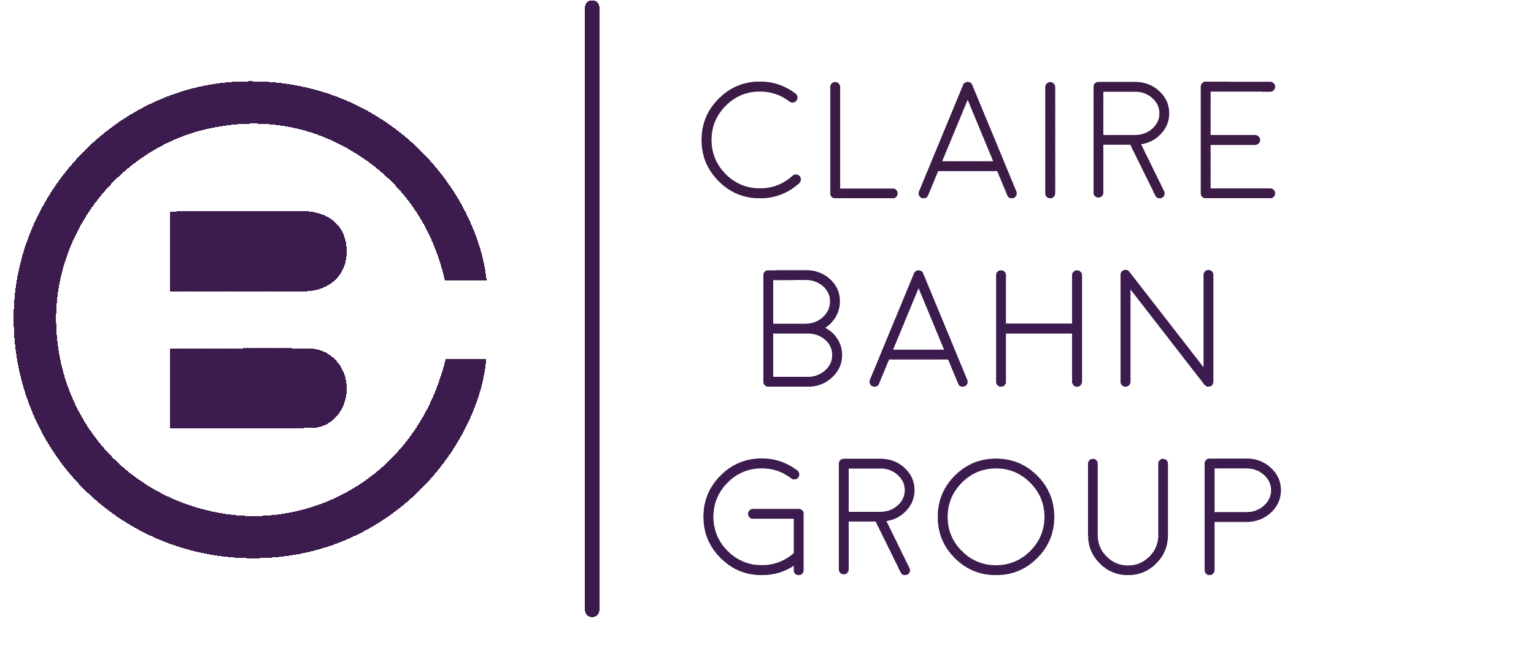What do the best personal branding examples have in common? How can you use these personal branding examples to land your dream job, attract clients, or even improve your dating profile? What strategies do top influencers use to make their personal branding examples stand out in a crowded digital world?
In this inspiring blog post, I break down the power of building a strong personal brand—from choosing the right visuals to developing a consistent voice across platforms. You’ll learn why personal branding isn’t just for influencers and CEOs—it’s for anyone looking to establish authority, build trust, and expand opportunities in both professional and personal arenas. Featuring standout personal branding examples, this post demonstrates how authenticity, consistency, and niche focus can elevate your presence.
Beyond the examples, you’ll discover actionable insights into the core pillars of successful branding—such as strategic content creation, storytelling, and leveraging digital platforms to amplify your reach. Whether you’re job hunting, scaling a business, or cultivating a standout online presence, these personal branding examples provide the blueprint for turning your personal story into your most powerful asset.
The importance of your personal brand, from your photos to your written profile(s) to your social media presence, makes all the difference when it comes to marketing yourself and your business. Luckily, we put together a list of personal branding examples that are sure to inspire.
If you’ve ever wondered where to start, or how to come up with creative ideas, it’s time to let that go. We’re about to jump into exactly what personal branding is, how to use it, and some examples to get your creative wheels turning.
Table of Contents:
What Exactly Is a Personal Brand?
How Can a Personal Brand Help Me with Finding a Job, Getting a Promotion, or Online Dating?
Unveiling the Three Pillars of Successful Personal Branding
Focusing on One Niche: A Personal Branding Strategy
Establishes Expertise and Authority
Unlocking Financial Freedom Through Personal Branding: Tactics of Top Influencers
Key Strategies for Building a Prosperous Personal Brand
Six Personal Branding Examples to Get Excited About
What Exactly Is a Personal Brand?
Personal branding is, by definition, the act of marketing yourself or your career as a brand. When you brand yourself effectively, you build authority, which leads to influence, which then leads to trust. When people trust you, they will want to work with you (jobs and promotions) or buy from you. This is the core of any personal brand goals. Everyone has a personal brand, whether they like it or not. The question is, how do you cultivate it?
When you Google yourself or view your online profiles (like LinkedIn) in comparison to others, what do you see? Sure, you don’t want to be judged…unfortunately, everyone judges your online profiles because, in many cases, that is the first impression they have of you. You can not get away from it, so you better start nurturing your personal brand.
Think of it this way: self-help techniques aim to improve you as a person (“self-improvement”) and how you view yourself. Personal branding, similarly, aims to increase your success by building your authority, influence, and trust so you can have a positive impact on others. It’s as if everyone is their own small business, and you want to build it, curate it, and market it to be the most successful it can be.
Moguls and celebrities are the masters of personal branding, but it is not exclusively for them. A personal brand can be the key to successfully finding jobs or building a career, improving your social presence, and even starting new romantic relationships.
Your personal brand involves perception, emotion, and experience. Your personal brand will likely have to evolve with your audience and be remade and reinforced over and over again. This does not happen overnight. You need to have a strategy and, in many cases, help to achieve the right personal brand. There are many platforms available to get the word out and improve your personal brand.
You’ll want to find the platforms that work best for you and start laying the foundation of your personal brand and then build upon that through content creation and publication. It’s a content-driven world and you need to make sure to give your audience something to “chew on” while they learn more about you. Don’t worry, you don’t have be a Shakespeare or a Michelangelo to create content that others will appreciate.
Regardless, you have to start somewhere, and we can help you.
How Can a Personal Brand Help Me with Finding a Job, Getting a Promotion, or Online Dating?
If you run a business, market yourself professionally, or are looking to find success in online dating, you need to create a personal brand. Ambiguity doesn’t usually lead to success as an online personality—audiences want to know what you’re about, what you’re doing, and why they should trust you.
Personal branding involves the use of social media, photos, videos, and written content in order to grab the attention of audiences and keep them interested.
These elements of branding must be done well. That means your work must be cohesive and have a consistent brand message. You can’t be overly formal one day and super casual the next. How you are IRL (in real life) is a little different than how we are in the business or even dating world. But, you say, is that fake? Absolutely not. You are the master of your own brand.
However, people judge you on the quality of your online profiles. Frankly, science and common sense say that no matter how casual you are, wearing a ripped-up shirt and cargo shorts with flip-flops is not going to set the right tone. You do not need to wear a tuxedo, either. There is a happy medium between being casual and looking put together. It’s better to err on the side of looking more “put together” for your first impression than anything else. Be casual at home and with friends, but in business, project an air of professionalism.
There are a ton of great companies that will help you take strategic and desirable photos if you’re willing to invest. A picture says a thousand words and a well-done photo taken by a professional with a few wardrobe changes to mix it up and proper lighting can make all the difference in how you present yourself.
Unveiling the Three Pillars of Successful Personal Branding
In the realm of personal branding, certain strategic elements consistently emerge among those who have mastered their brand. These elements serve as critical components for establishing an impactful and enduring personal presence.
1. The Power of Consistency
Consistency is the backbone of every strong personal brand. It involves a regular cadence of content publication, such as posting multiple times a week over several years. Here’s why consistency matters:
- Identity and Voice: Developing a unique brand voice takes time, and continuous content creation helps refine it.
- Trust Building: Consistent content helps forge a genuine connection with your audience.
- Content Fit: Over time, you’ll discover what resonates with your audience and enjoy creating.
Even if early content feels subpar, sharing it is critical for learning and growth. Your skills will improve, and you’ll gain insights into audience preferences.
2. Niching Down for Impact
Successful personal brands focus on a specific niche, avoiding the temptation to cover too many topics. Delving deep into one area establishes authority and attracts a dedicated following. Remember:
- Avoid Overextension: Diversifying topics too much can dilute your brand message and confuse your audience.
- Expertise Matters: Concentrate on the area where you have the most knowledge.
It’s acceptable to occasionally share about your personal journey or interests—this adds relatability. Aim for about 80% niche-focused content and allow for 20% that showcases your personality.
3. Authentic Experience Sharing
People crave real-life stories and personal experiences over information crafted solely for search engines. Sharing personal insights:
- Connects on a Human Level: Relatable stories resonate because others face similar challenges and can learn from your solutions.
- Adds Depth: Personal anecdotes enrich your brand, differentiating it from generic content often sought out through AI tools.
Incorporating these three elements into your strategy can significantly enhance the strength and appeal of your personal brand, positioning you for lasting success.
Focusing on One Niche: A Personal Branding Strategy
Carving out a distinct place in a crowded market demands focus, and honing in on a single niche can be the game-changer for personal branding. Why is this approach so advantageous?
Builds Audience Loyalty
Your audience connects with you because of the expertise or unique perspective you offer. When you focus on a particular niche, you continuously deliver what they expect and desire. This consistency builds trust, making your brand a go-to resource. For instance, a listener following a podcast for digital marketing insights may not care about content related to NFTs, which dilutes engagement.
Establishes Expertise and Authority
Owning a niche allows you to showcase deep knowledge in a specific area. By becoming synonymous with your chosen topic, you build authority and credibility. This specialization demonstrates your expertise, making it easier for your audience to see you as a trusted source.
Facilitates Targeted Content
Focusing on one niche provides clarity in content creation. Knowing your subject inside out allows you to tailor your message to precisely address your audience’s pain points and desires.
Enhances Relatability
While maintaining focus, adding elements from your personal life can humanize your brand. This blend makes you relatable, showing the person behind the expertise. Keep this personal content to about 20% of your output, reserving the majority for your specialized topic, ensuring you remain coherent in your niche.
By zoning in on a niche, you not only sharpen your brand’s focus but also forge a deeper connection with your audience, building a loyal and engaged community around your personal brand.
RELATED: 50 PROVEN WAYS TO GROW YOUR PERSONAL BRAND
Unlocking Financial Freedom Through Personal Branding: Tactics of Top Influencers
Are you curious about how successful personal brands attain financial freedom and security? Let’s dive into the strategic actions that set them apart.
Key Strategies for Building a Prosperous Personal Brand
- Consistent Content Creation: They commit to regular content production. By maintaining a steady flow of valuable posts, videos, or podcasts, they keep their audience engaged and brands fresh in their followers’ minds.
- Authentic Storytelling: The most successful figures connect with their audience through compelling personal narratives. By being genuine and relatable, they foster trust and loyalty.
- Networking and Collaboration: High-achievers prioritize building relationships with other industry leaders. Collaborations and cross-promotions amplify their reach and credibility.
- Online Presence Optimization: By mastering social media platforms and their own websites, they ensure their target audience can easily discover them.
- Skill Development and Expertise Sharing: Continuous learning and sharing expert knowledge position them as thought leaders in their fields, attracting more opportunities and followers.
- Monetizing Expertise: Many offer coaching services, e-books, or workshops to monetize their specialized knowledge, adding another layer to their income portfolio.
- Diversified Income Streams: Savvy individuals create multiple revenue sources. From online courses to influencer partnerships, they tap into various channels to boost income.
A Blueprint for Success
These approaches are not only actionable but adaptable, allowing you to tailor them to your own journey toward financial independence. Embrace these tactics and watch your personal brand thrive!
Six Personal Branding Examples to Get Excited About
Now that’s we’ve broken down what personal branding is, let’s take a look at some personal brand success stories.
1. Gary Sheng
Software engineer and Dancing Pineapple founder Gary Sheng had the right idea when he created his personal brand—he decided to be genuine.
Sheng mastered a way of talking and writing about his work, education, and life that is not only relatable but also easy to digest. He isn’t aggressive in his style but is consistent and descriptive in his storytelling. Sheng is a good example of someone with a personal brand that can tell interesting and compelling stories.
2. Darren Hardy
Success mentor Darren Hardy is another fantastic example of personal branding done right.
Hardy has made a business of helping people learn to become more productive, successful, and well-rounded in whatever they do. Moreso, he’s made a business of himself.
Hardy makes it a point to back up his claims rather than trying to convince people of things without any proof. Most photos and videos you see of Hardy have fantastic lighting and dynamic yet unintimidating poses. He usually wears fashionable suits that create a sense of professionalism and intelligence.
3. Amy Cuddy
Amy Cuddy is known as a successful New York Times Best-Selling author and the face and brain behind a popular body language Ted Talk. She’s also a psychologist and professor at Harvard.
Cuddy’s success is a testament to how much digital networking and an online presence can evolve your personal brand and carry it up the ladder to success.
Cuddy makes her online content shareable, accessible, and interesting. This is a good example of how serious social network marketing can aid in creating a successful personal brand.
4. Marie Forleo
Self-help guru Marie Forleo has the visual presentation to get your attention. However, her appearance and aesthetic aren’t what make her such a great example of personal branding. Her language is the most enticing thing about her.
The way she writes is beautiful, yet entirely accessible and relatable. Forleo doesn’t try to write or speak differently. This makes her much more believable as a person.
Forleo is a great example of how language and writing styles that are natural can work majorly in your favor when it comes to creating a good personal brand.
5. Simon Sinek
Motivational speaker and author Simon Sinek has made a personal brand off of being self-aware—and it totally worked.
With relatable language, inspiring tones, and an unshakable sense of optimism, Sinek has drawn the attention of everyday people around the world and has encouraged them to get up in the morning with a hearty sense of adventure.
Sinek has also made his website simple and quick to access. Having a simple and clean website design can make a huge difference in how long your audience stays interested in your website’s content.
Sinek is a great example of how self-awareness and articulation are immensely important in building a decent personal brand.
6. Richard Branson
The founder of Virgin Group has a face that is recognizable to many. Richard Branson is an entrepreneur, philanthropist, and author. He made it cool not to be an uptight stereotypical businessman while still reaping the rewards of hard work and self-sufficiency.
Branson focuses on summarizing mission statements and making a clear decision about who you are, what you want, and what you’re going to create. His online presence is interesting and inspiring. His fearless attitude towards creating has made his personal brand all the more enticing.
Branson is a great example of how pushing boundaries and not fitting inside the box can actually work to your personal brand’s benefit.
Conclusion
Do you have a personal branding success story? Our readers and we would love to hear about it. Drop us a line in the comments and let us know what your strategy is for your personal brand and how you’re investing in it.


